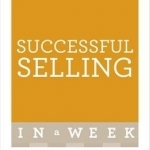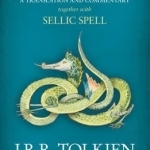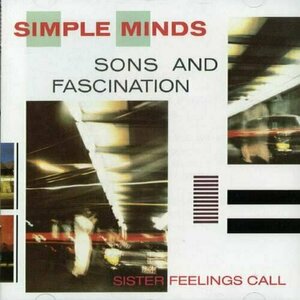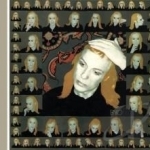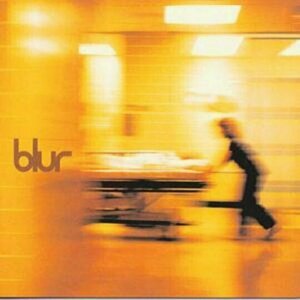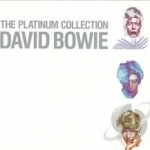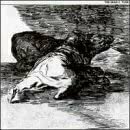"I guess there is singing on it, but it's still instrumental music that opens your brain. It starts out almost sounding like weird pots and pans that I guess, my theory is, they're speeding up and slowing down their four-track so it's like [makes hissing, distorted sound]. So it does that for probably ten minutes, you're just sitting there, it's like psychedelic meditation, like you could tone it out. It's definitely analogue, it's probably four-track because, all of a sudden, out of nowhere, you feel something lift up, like it un-pause and start to record again and it's just like [makes skronky sound] and there's this weird guitar shit. But then they just have a good thing with mood where it just takes you on this weird textural journey and then somewhere along the way, it gets really heavy and the drummer starts in, and you don't know what he's saying, so it may as well be instrumental.
The first Dead C record I ever got was Trapdoor Fucking Exit, which is an amazing title and an amazing album cover. That came out on Siltbreeze, which is a Philly label, so that's close to home. My buddy Richie, who I worked at this brewery with, he turned me on to that kind of thing and he made rethink how the... he basically hit me on to how my path in music should be, which would be: some people can jump up to a decent-sized label, but other people have to do it themselves, much like The Dead C, where you just start small and make it your own artform and then eventually, bigger labels aren't going to be able to ignore you because you're doing it yourself anyway. They can decide, if they like you, you're going to be doing it anyway.
So I got that Tusk record pretty early, but I remember listening to it on the airplane in-between touring/recording for this new album and it's just another that just opens your brain and opens your mind. They're just as passionate, or they come off that way, about their music, except they're from Bumblefuck, New Zealand, but they put out tons of records, so it might as well be jazz - they're definitely influenced by that sort of thing. I have no doubt in my mind - but of course I could be wrong - that they're influenced by those psychedelic jazz records."
Source

